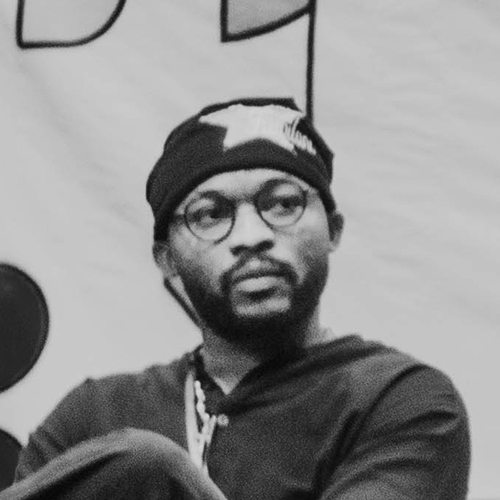i. the seduction of stability
humans are conservative by default. not necessarily in the shallow, political sense, but in a much deeper, more primal way—a preference for the known over the unknown, the predictable over the uncertain, the past over the future. we tell ourselves that we are agents of progress, but at our core, we resist rupture.
we romanticize lost traditions, clutch onto rituals that have outlived their utility, and construct golden ages in our heads—a past that never truly existed. even revolutions, the supposed destroyers of conservatism, only replace one ossified system with another. today’s radical is tomorrow’s reactionary.
but where does this conservatism come from? is it a biological safeguard for survival? or is it just an elaborate rationalization—a defense mechanism for those who benefit from things staying the same? if the essence of life is change, why do we fight so hard to pretend otherwise?
ii. evolution made us conservative
before we built civilizations, before we wrote laws, we were prey. survival depended on caution, repetition, and fear of the unknown.
• the status quo bias: what has worked before must work again.
• loss aversion: losing what you have is more terrifying than gaining something new is exciting.
• religion and tradition: designed to preserve order, obedience, and continuity, they transform past wisdom into unchallengeable truths.
what started as an evolutionary instinct—to protect ourselves from uncertainty—became a doctrine. a framework. a moral system.
iii. the myth of modern conservatism
if conservatism was once a biological advantage, today it has become a selective ideology, wielded for convenience.
• capitalists demand free markets but resist wealth redistribution.
• politicians glorify tradition but discard inconvenient parts of history.
• western nations claim to spread “civilized values” while erasing others’ traditions.
modern conservatism is no longer about caution. it’s a mechanism to justify privilege and power.
iv. the aesthetics of conservatism
as nietzsche said, “morals have aesthetic criteria.” so does conservatism.
• the golden age fallacy: every civilization believes things were better in the past. but were they?
• the beauty of familiarity: people trust what looks like what they’ve always known. change appears dangerous simply because it is unfamiliar.
• fear of the unknown: a man in chains fears freedom more than he resents captivity. captivity is predictable.
v. the theological paradox: religion as a monument to conservatism
there is no stronger enforcer of conservatism than religion. and perhaps no text embodies this better than the Bible —a book written in the context of iron age societies, codifying rules for a world that no longer exists.
• moral absolutism as a tool for control: in many faiths, what was dictated centuries ago is still upheld as if the world has remained unchanged. but if morality is eternal, why do societies no longer stone adulterers or enslave entire populations as biblical law once permitted?
• religion as inherited belief, not examined truth: most people do not arrive at their faith through introspection. they inherit it, absorb it, and defend it—not because it makes sense, but because it was given to them before they could question.
• fear disguised as righteousness: many cling to religious conservatism not because they deeply understand it, but because it absolves them of the burden of thinking outside its confines. it is easier to regurgitate scripture than to confront a world where truth is not absolute.
if religion was meant to be a guiding force for humanity, it should evolve alongside us. but it doesn’t—because its power lies in its permanence. change threatens not just belief but the institutions that profit from those beliefs.
vi. resistance is futile
despite all this, history moves in one direction: forward.
• every rigid system collapses. monarchies, empires, theocracies—they all decay.
• even radicals become conservatives. marxists who wanted to destroy rigid capitalism built rigid communist states. religious reformers who rejected dogma built new dogmas.
• entropy is the only constant. conservatism is an illusion. the past is dead. the present is decaying. the future is inevitable.
vii. what’s left to conserve?
to be human is to exist between two impulses:
• the instinct to conserve—to preserve, to protect, to hold onto what we know.
• the impulse to progress—to challenge, to dismantle, to evolve.
but which is the anomaly? is progress unnatural, or is conservatism just fear in disguise? conservatives argue that stability is the default, and change is an anomaly. radicals argue that change is inevitable, and stability is an illusion.
it doesn’t matter. because in the end, change will come, whether we resist it or not.
**
current read: the origin of species by charles darwin
